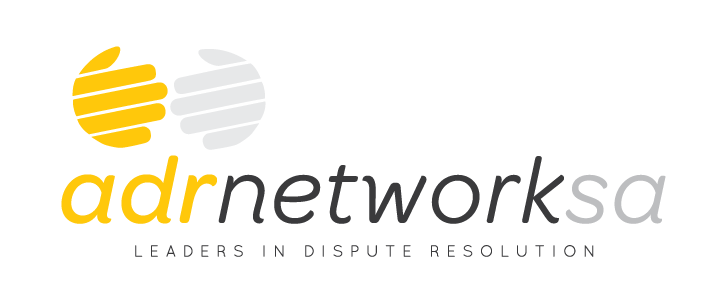Mediation
Mediation is a flexible process conducted confidentially in which a neutral person (mediator) actively assists parties to identify the dispute issues, develop options, consider alternatives and working towards a negotiated agreement of a dispute or difference, with the parties in ultimate control of the decision to settle and the terms of that settlement.
Benefits of Mediation
Greater Control: The parties are actively involved in the process and in control of the outcome of the mediation
It is confidential: Unlike the potential publicity of court proceedings, everything said at mediation is entirely confidential (unless specifically agreed otherwise)
It is voluntary: Any party may withdraw at any time during the process
Convenience: The mediator listens to everyone’s view, talks to the parties privately and/or together guiding them to words a potential settlement
Reduced costs: Generally the costs is greatly reduced in comparison with settling a matter through court as traditional litigation is expensive and highly unpredictable
Faster outcome: Mediation can be used early in a dispute and an agreement can usually be reached quicker than in the normal litigation process
Support: A mediator acts as an objective neutral facilitator and supports each party through the process
Preservation of relationships: Whether the dispute is a business or family dispute, preservation of relationships is a key benefit



